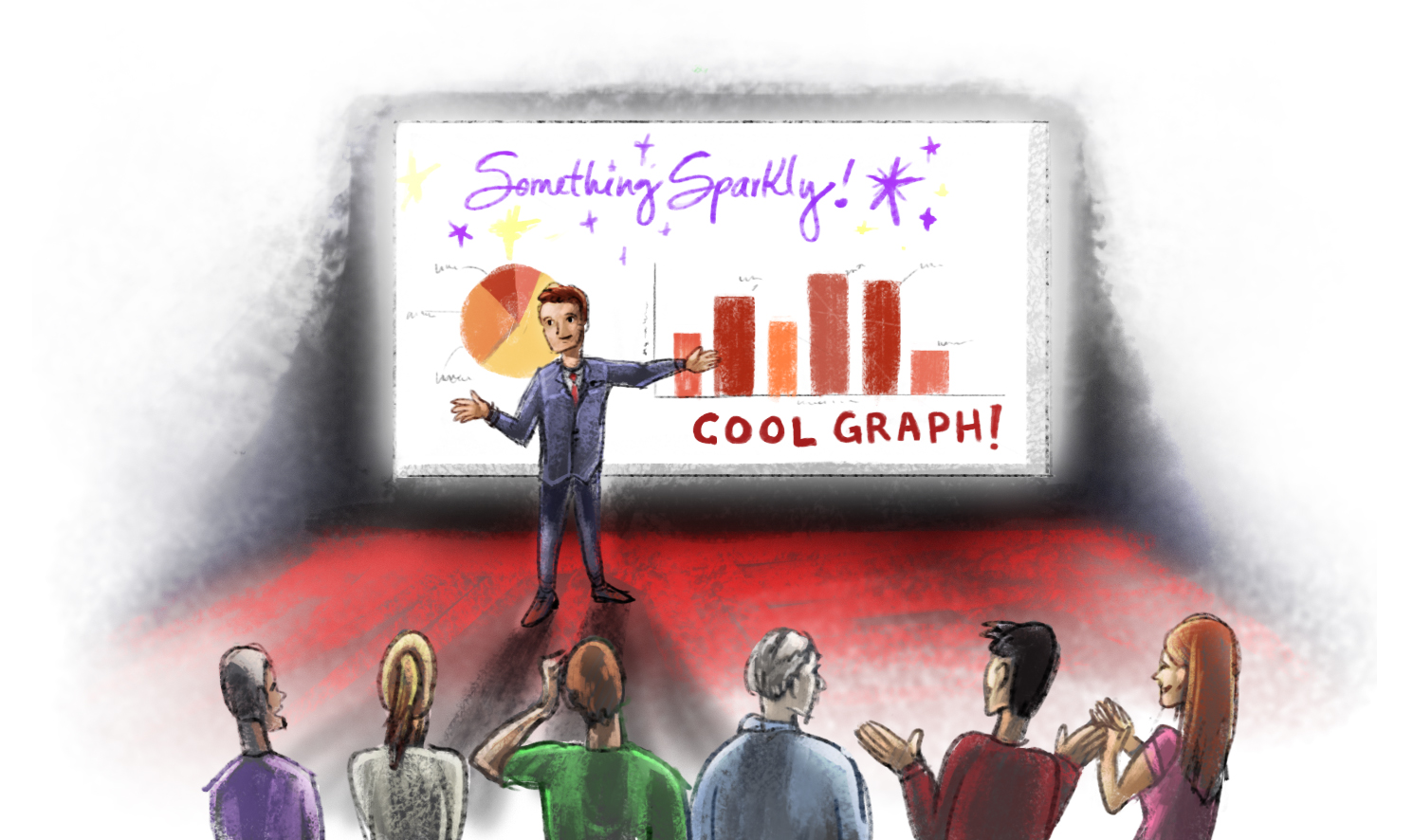Arthur Wang: TED talks must encourage discussion to avoid uncritical thinking

(Kelly Brennan/Daily Bruin)
By Arthur Wang
May 28, 2015 1:36 a.m.
Everybody seems to love TED. The conference and its talks – in which topics such as innovation, creativity and learning are frequently discussed – have become well-regarded fountains of popular intellect.
Yet not even the feel-good, do-good style of TED talks is above criticism. Criticism of TED, in fact, is nothing new. It’s been called “evangelical” in nature,” “middlebrow megachurch infotainment” by UCSD visual arts professor Benjamin Bratton and a betrayal of serious creativity, among others.
TED and the independent spin-off programs, TEDx conferences, that are run around the country, shouldn’t be put on a pedestal – something to keep in mind as the campus hosts the annual TEDxUCLA conference Saturday at the Carnesale Commons. Attendees should be able to critically engage with the content and arguments by considering and examining the political and social systems that undergird and constrain the “creativity” and “solutions” that seem to float in space.
We need to firmly understand that while a 20-minute presentation can offer a few insights and pique one’s interest, it seldom offers real solutions to problems local and global. Instead of simply being an avenue for audiences to feel good that they are listening to somebody who engages with the grandest and most pressing issues of our time, TEDxUCLA and other TEDx conferences can encourage discourse among audience members by creating spaces for Q&A sessions and post-conference discussions.
TEDx is a different beast, and arguably less insulting than the “official” TED conference in its format, simply because affordable ticket prices make it more democratic than invitation-only TED. From professors who can discuss their research to local artists describing their creative process, there is more leeway in the sort of speakers who can present their topic.
But disappointingly, TED explicitly bans the very sort of post-talk discussion and Q&A sessions that would augment the TEDx audience experience. TEDxUCLA attempts to work around this profound restriction on audience engagement by offering tours of areas of campus relevant to TEDx speakers and asking speakers to explicitly articulate “a wish that they hope the audience walks away with,” said co-organizer and Office of Residential Life coordinator Josh O’Connor.
The organizers are working within the boundaries set by TED, which effectively licenses the TEDx brand to affiliates. Though it may put the coveted TED branding in jeopardy, TEDx organizers at UCLA and elsewhere should challenge TED’s format rigidity for the sake of a higher quality conference discourse.
Indeed, critical thought can be applied to all types of TED and TEDx talks, because no matter what the topic, it cannot be considered in a vacuum. Take, for example, the most popular TED speaker, Sir Ken Robinson, who frequently discusses creativity in education and how the current system stifles it.
His creativity thesis, argued with classic British humor and wit, may impress uncritical viewers, but he’s describing old problems in the education debate: Arts education is being ignored, we are producing grade-grubbing test-takers, “innovation” needs to be emphasized in school, etc. A critical consideration of his talk would consider Robinson’s glaring omission of how political and economic systems affect the nature and pace of education reform. The most pressing education issue in the United States is not a lack of creativity or arts education, but property tax structures peculiar to American capitalism that create “savage inequalities,” as Jonathan Kozol called it, between rich and poor schools.
TED talks, of course, cover an extremely broad range of issues, some of which already promote critical thinking by design. One such case is current UCLA Diversity Chancellor Jerry Kang’s 2013 talk at TEDxUCSD about implicit biases, a social psychological phenomenon that challenges popular notions of post-raciality or that millennials are less racist than their parents.
Common between these two very different TED talks is that the audience and viewers would benefit immensely from an inquiry session or short discussion forum. It’s hard to imagine that Robinson has never thought about the relationship between socioeconomic status and quality of education; the need for him to sound slick and optimistic for his “creativity” spiel just makes throwing the issue in his talk awkward and difficult.
As for Kang’s talk, a Q&A session would allow concerned audience members to ask about the possibility of “un-learning” implicit biases or how to mitigate the presence of them. Even better, an informal discussion could have been held between Kang, audience members and other TEDx speakers who are interested or discuss similar topics. Existing TEDx licensing rules need to be questioned or criticized to allow for important discussions like these.
The inclusion of active and conscious engagement between audience and speaker serves the purpose of keeping the audience awake through hours of lectures. It also promotes the sort of active cognition that TED purportedly promotes. TED should consider changing its arbitrary rules so that what’s discussed in auditoriums across the country are “Ideas Worth Criticizing” rather than “Ideas Worth Spreading” uncritically.


